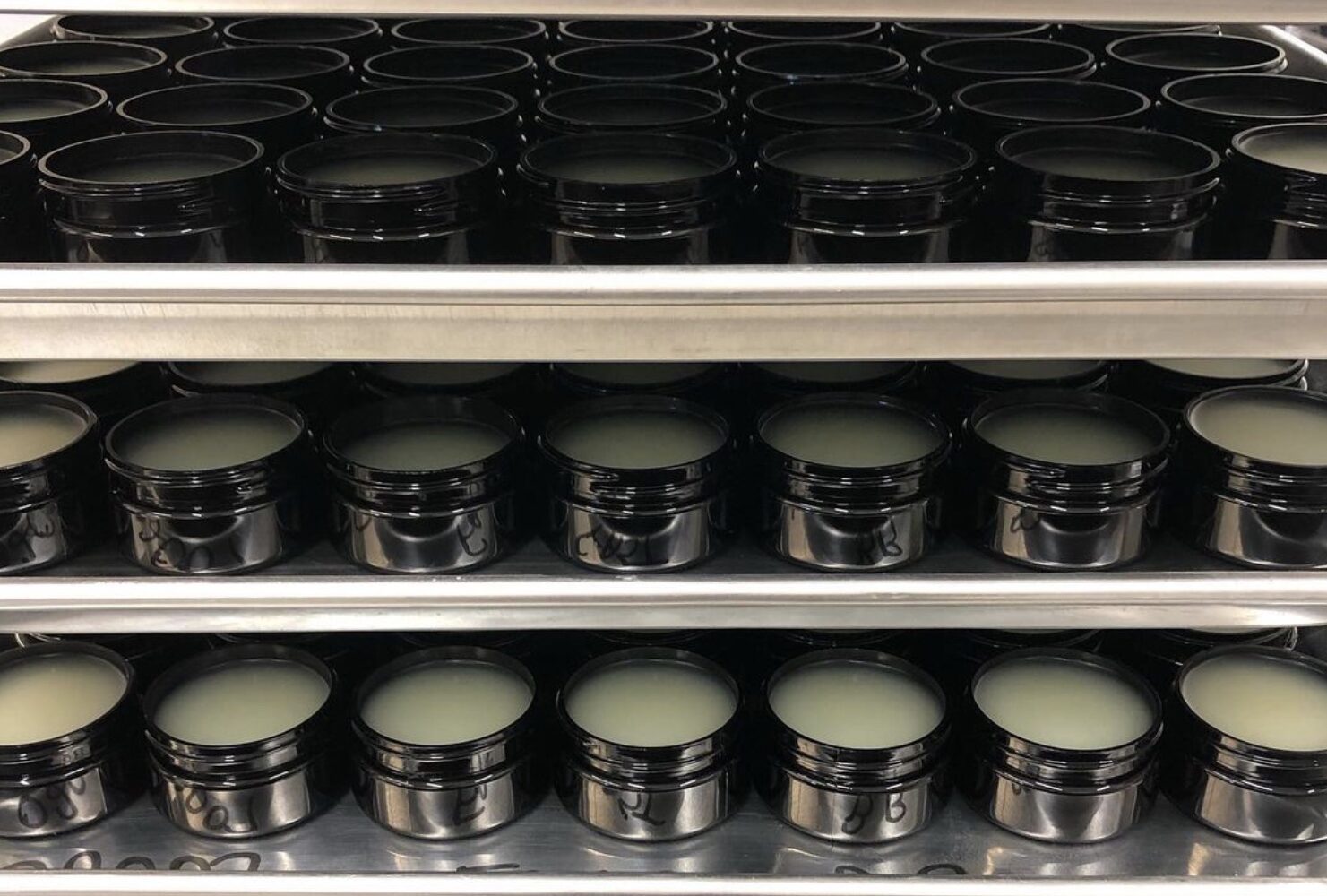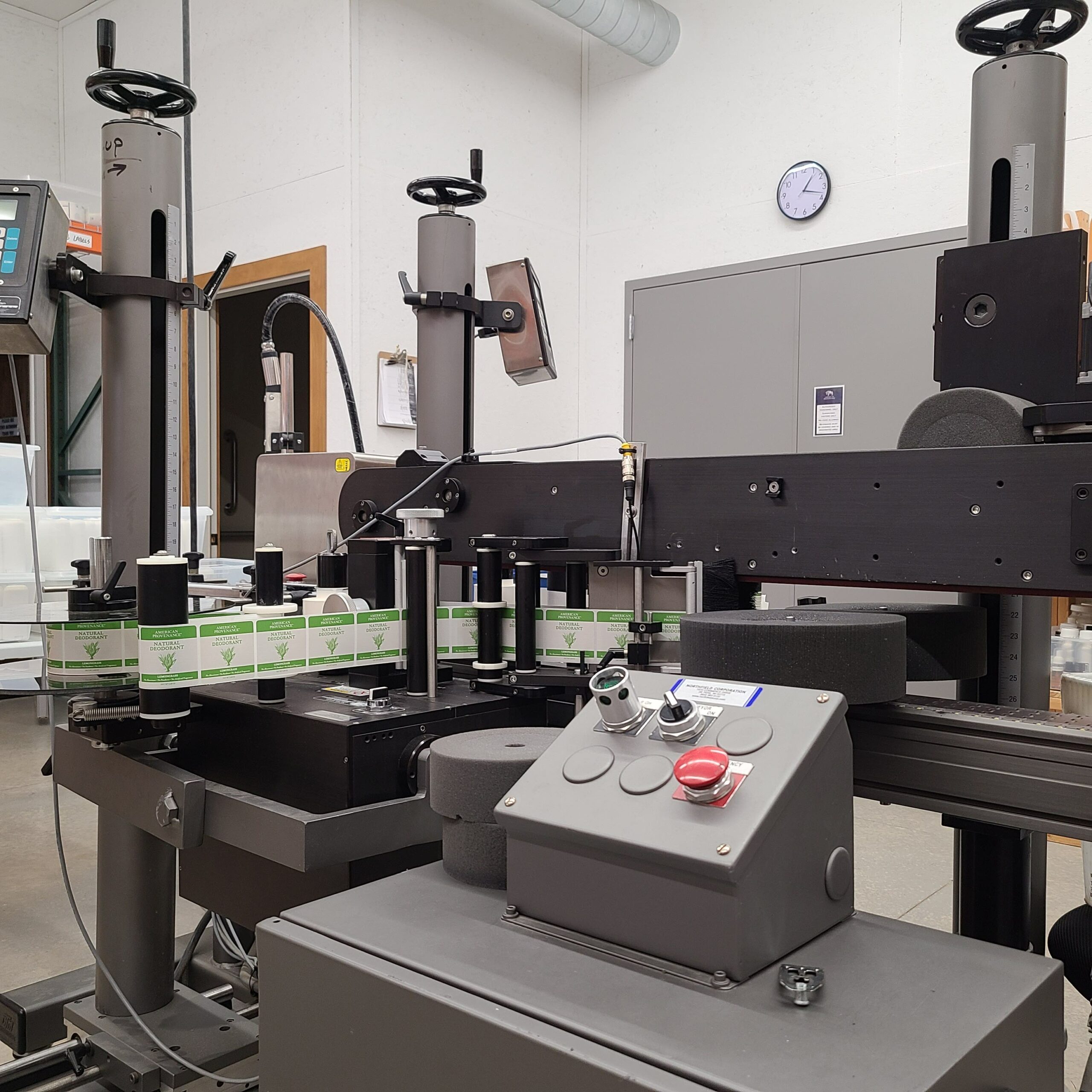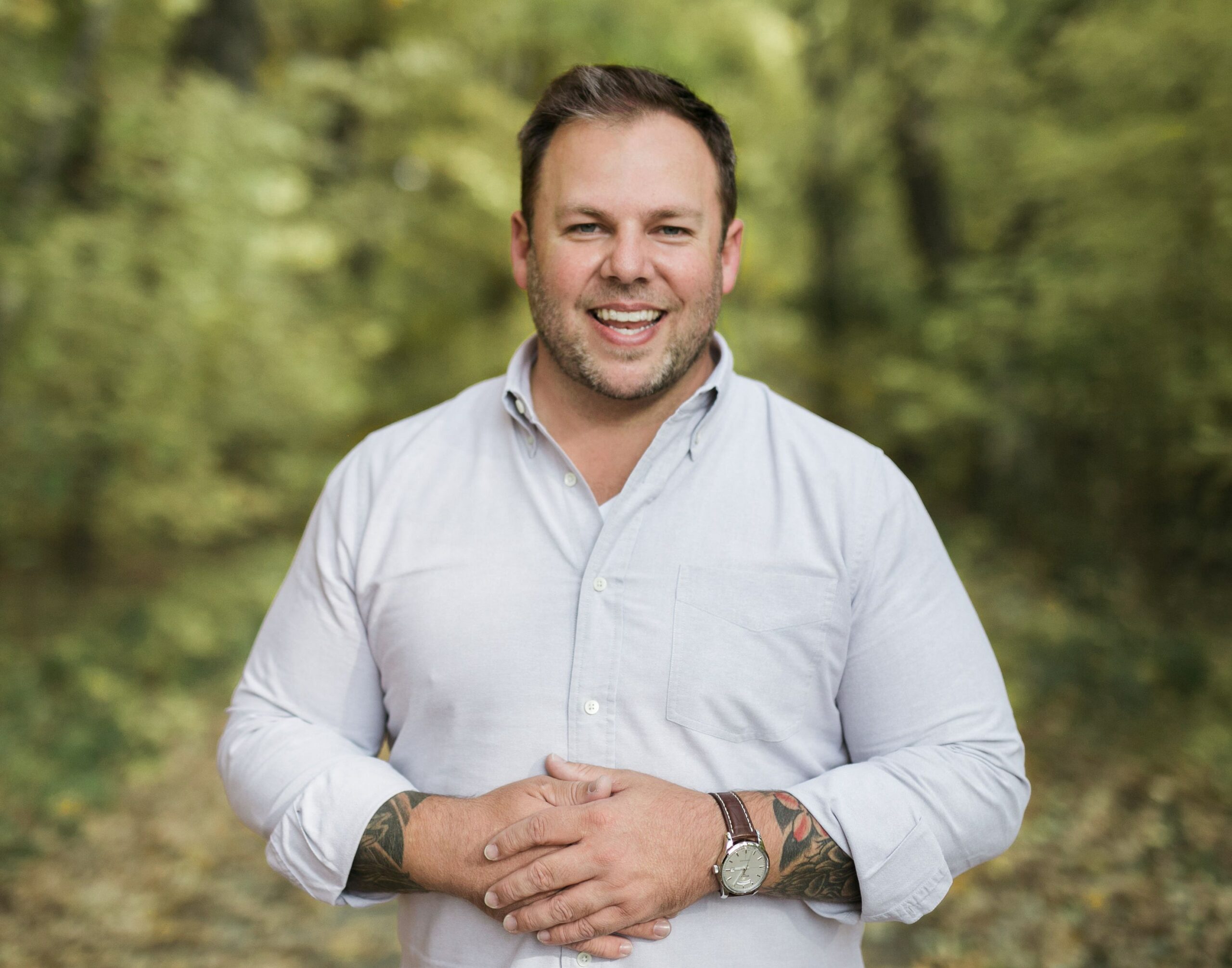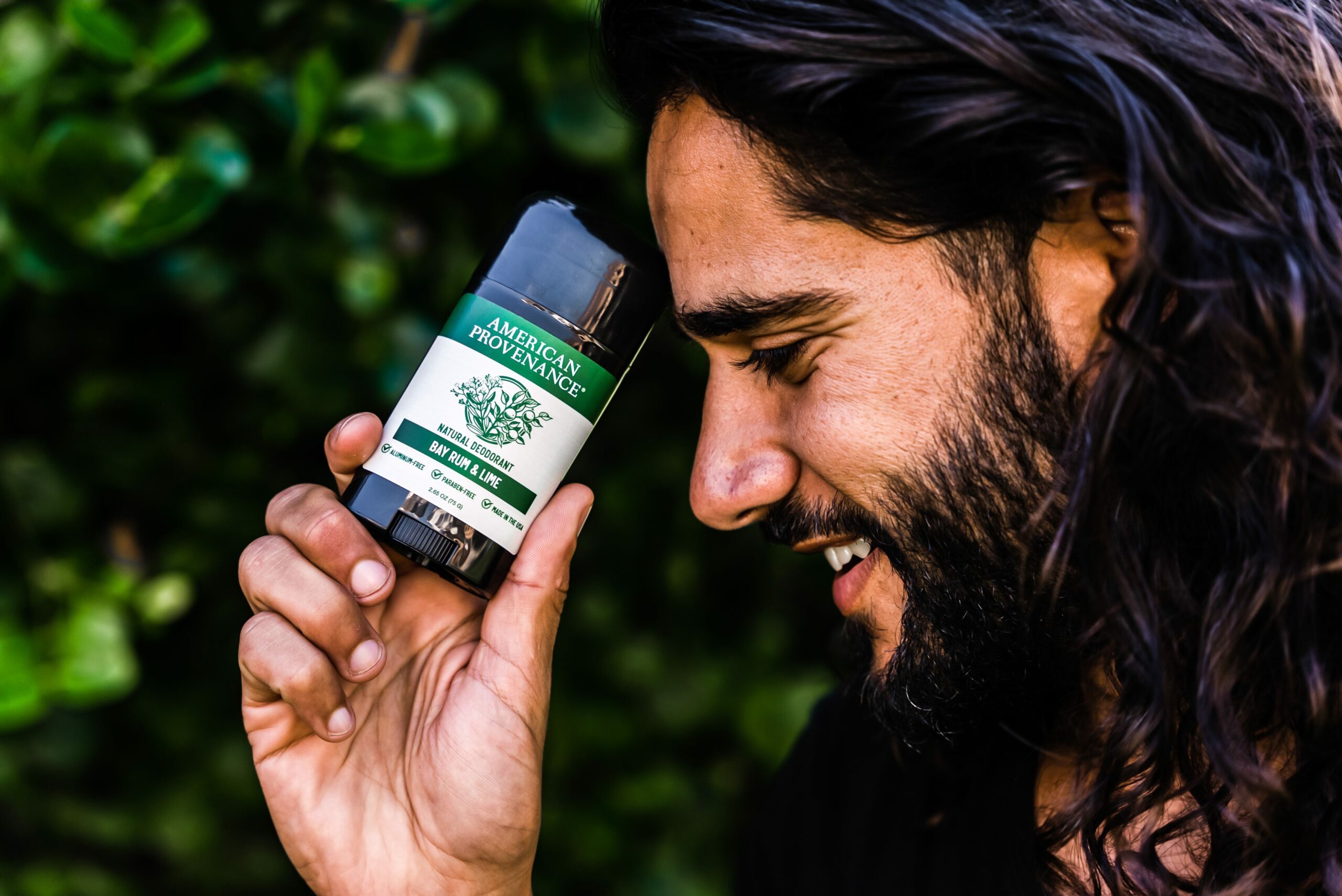
Natural Contract Manufacturing Opens With Low MOQs To Serve Emerging Beauty And Personal Care Brands
Responding to demands for minimum order quantities smaller than most beauty and personal care co-packers will handle, the company behind men’s personal care brand American Provenance has opened production facility Natural Contract Manufacturing.
Rather than quantities of 5,000 to 10,000 units or greater per stockkeeping unit, the facility will run quantities as low as 500 units per SKU. It can manufacture all manner of melt-and-pour beauty and personal care products, including serum, cleanser, lotion, shampoo, conditioner and deodorant, according to Kyle LaFond, founder of American Provenance and NCM, who describes NCM’s prices as “competitive.”
“About a year and a half ago, a handful of acquittances that I met at trade shows and events said to me, ‘My current contract manufacturer has put me at the bottom of their list, and I can’t meet their minimums, could you make products for us?’” he says. “It just kind of came to us, and now it seems like a really good niche for us to fill and help other companies out.”
LaFond predicts manufacturing could eventually account for 20% to 30% of his Blue Mounds, Wis.-based company’s revenues. NCM has quickly amassed a dozen clients, and it’s onboarding a dozen more. The clients’ manufacturing needs range from weekly production runs to runs every six months. By the end of the year, NCM’s goal is to secure 50 clients.

At its 6,700-square-foot facility, LaFond estimates NCM can generate as many as 5,000 deodorants or about 7500 to 10,000 skincare products such as serum daily. He figures it can take on six times the output it’s doing at present. LaFond says NCM can produce products faster than a typical larger facility. It can have product ready in as little as a week. Generally, it has products out the door in two to six weeks. NCM has stock formulations, but can customize formulations, too. It offers three rounds of revisions on custom products.
LaFond is a big believer in fair labor policies. Since the beginning of American Provenance in 2015, he’s paid its staff a minimum of at least $15 an hour. The company’s employees operate on a four-day workweek. NCM’s production team operates Monday through Thursday. It’s ISO (International Organization for Standardization) and GMP (Good Manufacturing Practices) compliant.
“I’ve been doing this for seven years now, and I would love to talk to anyone to help them avoid the mistakes I’ve made.”
NCM is informed by LaFond’s experience trying to find a suitable contract manufacturer for his brand. “When we first launched, I went around to a whole bunch of facilities in the United States. At that point, what pushed us to do our own manufacturing was the minimum order quantities,” he says. “For a small company, the quantities were just not realistic.”
LaFond also has experience managing a brand during the topsy-turvy pandemic period. In 2020, American Provenance’s sales were down 15% as consumers stuck indoors tempered their deodorant purchasing. In 2021, sales were down another 20%.

The story is totally different this year. Sales are up 50% so far in 2022 as consumers resume in-person activities where they want to wear deodorant and men are starting to read the labels on their personal care products. American Provenance is available in about 5,000 stores nationwide, including at Whole Foods, Raley’s and Central Market. It’s sold on Target’s and Walmart’s websites as well.
American Provenance’s assortment spans men’s deodorant, beard balm, beard oil, body wash, hair pomade and aftershave. Later in the summer, it will release a shampoo and conditioner bar, and lotion is on tap for the holiday season. The brand’s bestseller is eucalyptus mint deodorant. Retail prices range from $7 to $15. They will be bumped up around 18% on Oct. 1.
“The indie brands out there that are going to make it are being very strategic about what they’re doing rather than flying by the seat of their pants.”
“I’ve been doing this for seven years now, and I would love to talk to anyone to help them avoid the mistakes I’ve made,” says LaFond. “For anyone who is looking for someone who has been there and done that, I’m an open book. We can provide some good insight and knowledge.”
LaFond has raised roughly $1.6 million to date and is in the process of attempting to raise an additional $500,000 for his company. He anticipates it will cross into profitability this year. Money from the round in the process of being raised will be slated for ramping up the equipment at NCM.

NCM is among several businesses established by beauty and personal care entrepreneurs detecting gaps in the infrastructure for small brands. Wakse co-founders Andrew Glass and Shayan Sadrolashrafi created boutique branding firm Pradrem, and Noniko founder Kerri Leslie created sustainable packaging company Verity, for example. NCM is arriving on the scene as brands are increasingly interested in domestic production to steer clear of supply chain snarls abroad.
LaFond is convinced the indie beauty and personal care environment is continuing to proliferate as people reevaluate their careers and decide to give entrepreneurship a shot. However, he points out stewarding a small brand today amid the supply chain crunch and inflationary pressures is quite challenging. He advises brands to plan 12 to 18 months ahead to ensure they have sufficient inventory.
“The sooner you get orders in, the better off you are going to be. You need to have some foresight,” says LaFond. “The indie brands out there that are going to make it are being very strategic about what they’re doing rather than flying by the seat of their pants.”





Leave a Reply
You must be logged in to post a comment.